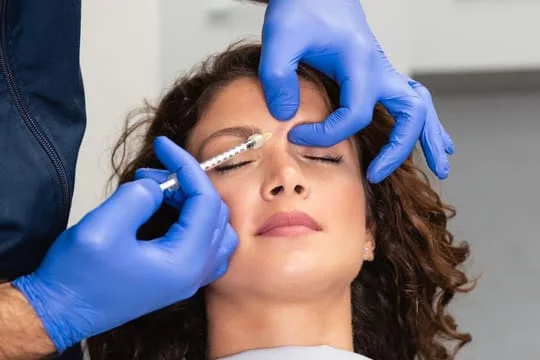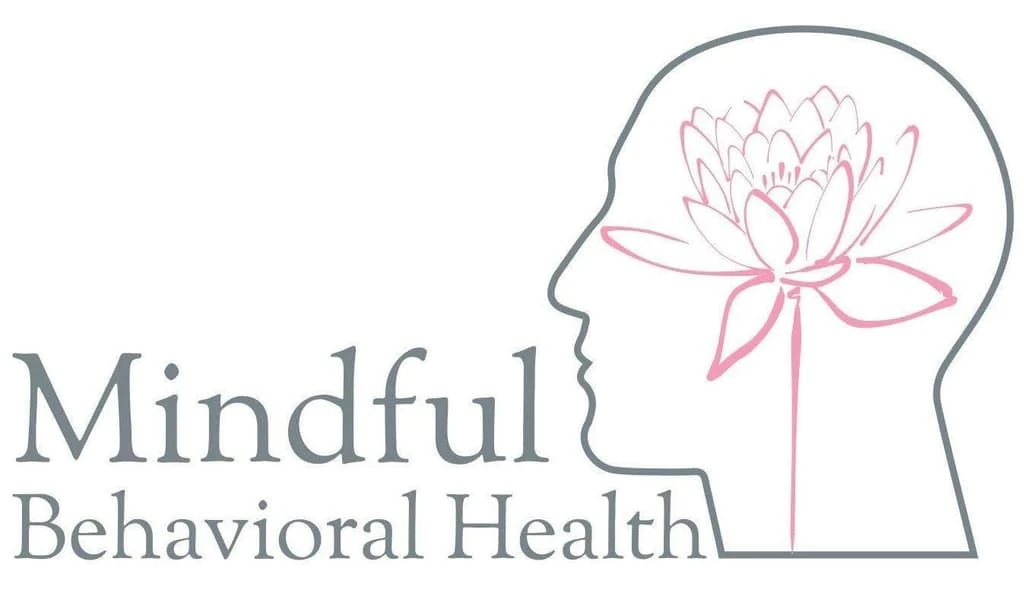Coming Soon!

Botox for Depression: Emerging Insights from Recent Research
Botox, well-known for its uses within aesthetics, gained approval for therapeutic purposes over three decades ago. Originally developed to address eye muscle disorders such as blepharospasm (involuntary blinking) and strabismus (crossed eyes), its utility has since expanded across various medical conditions. Over time, a notable observation has emerged among its widening usage: individuals undergoing Botox treatment, regardless of cosmetic or medical indications, exhibit markedly reduced incidences of depression.
Understanding Depression: A Global Challenge
Depression, recognized as a persistent global condition, affects over 250 million individuals worldwide, according to the World Health Organization (WHO). In the United States alone, major depressive episodes afflict more than 17 million Americans annually, representing approximately 7% of the populace.
Depression's ramifications extend beyond emotional distress, profoundly impacting daily functionality. Symptoms include a spectrum ranging from sadness and anxiety to diminished interest in once-cherished activities. Individuals battling with depression often exhibit irritability, restlessness, and disturbances in sleep and appetite patterns. Cognitive impairments, including difficulties with concentration, decision-making, and memory, are also common. Given its impact on health and well-being, the recognition and management of depression remains extremely important.
Botox Beyond Aesthetics: Therapeutic Versatility Unveiled
While Botox is known for facial rejuvenation properties, its therapeutic range exceeds cosmetic enhancements. Beyond its FDA-approved application for addressing facial wrinkles, Botox is used in treating various medical conditions, including hyperhidrosis, migraine prophylaxis, neurogenic bladder dysfunction, and spasticity, among others.
Efficacy of Botox in Depression Management: A Compelling Narrative
Over the past decade, numerous clinical trials and research studies have highlighted the efficacy of facial Botox injections in alleviating depression. However, skepticism persists among many healthcare professionals due to the relatively small sample sizes of some studies and the inability to conduct double-blind trials effectively. In double-blind clinical trials, both the patient and the physician are unaware of whether the patient receives the actual drug or a placebo, ensuring unbiased results. Yet, in the case of Botox trials, the conspicuous cosmetic effects make achieving such blinding challenging, particularly in cosmetic patients.
Furthermore, the precise mechanism underlying Botox's antidepressant effects remains unclear. One prevailing theory suggests that Botox may exert its influence by relaxing facial muscles commonly associated with the expression of negative emotions such as sadness, anger, and fear. This relaxation could disrupt the feedback loop between facial expressions and the brain, thus diminishing the reinforcement of these negative emotions. However, further research is needed to fully elucidate the mechanisms at play.
Recent Study Results:
A recent study analyzed over 45,000 clinical reports documenting adverse events related to Botox injections, which were submitted to the FDA. These reports encompassed not only cosmetic applications but also various medical indications and injection sites, totaling over 13 million submissions received through the FDA's MedWatch program from healthcare providers and patients. To maintain clarity, reports pertaining to patients undergoing treatment with antidepressants were excluded from the analysis.
The findings revealed a significant correlation between Botox administration and a reduced incidence of depression. Notably, the study corroborated previous clinical trials demonstrating the antidepressant effects of facial Botox injections. Intriguingly, this effect extended beyond cosmetic treatments to encompass diverse medical conditions and injection sites, including migraine prevention, muscle spasms, neck pain, involuntary blinking, excessive sweating, urinary bladder disorders, and excessive salivation.
While the precise mechanism underlying Botox's antidepressant properties remains unclear, the study authors assert that it transcends mere muscle relaxation. Particularly noteworthy is the protective effect observed with cosmetic facial Botox injections in the glabellar region (between the eyebrows), indicating potential implications for depression management. However, it is emphasized that further rigorous clinical investigations are warranted before Botox can be officially approved as a therapeutic intervention for depression.
Please note that Botox for the treatment of Depression is an off-label use and results are not guaranteed. Due to such, this is a cash-only service and cannot be billed through insurance. Pricing can be discussed during a consultation with one of our providers.
If you would like to learn more to see if Botox is right for you, please schedule an appointment with our staff.
More information to come.
